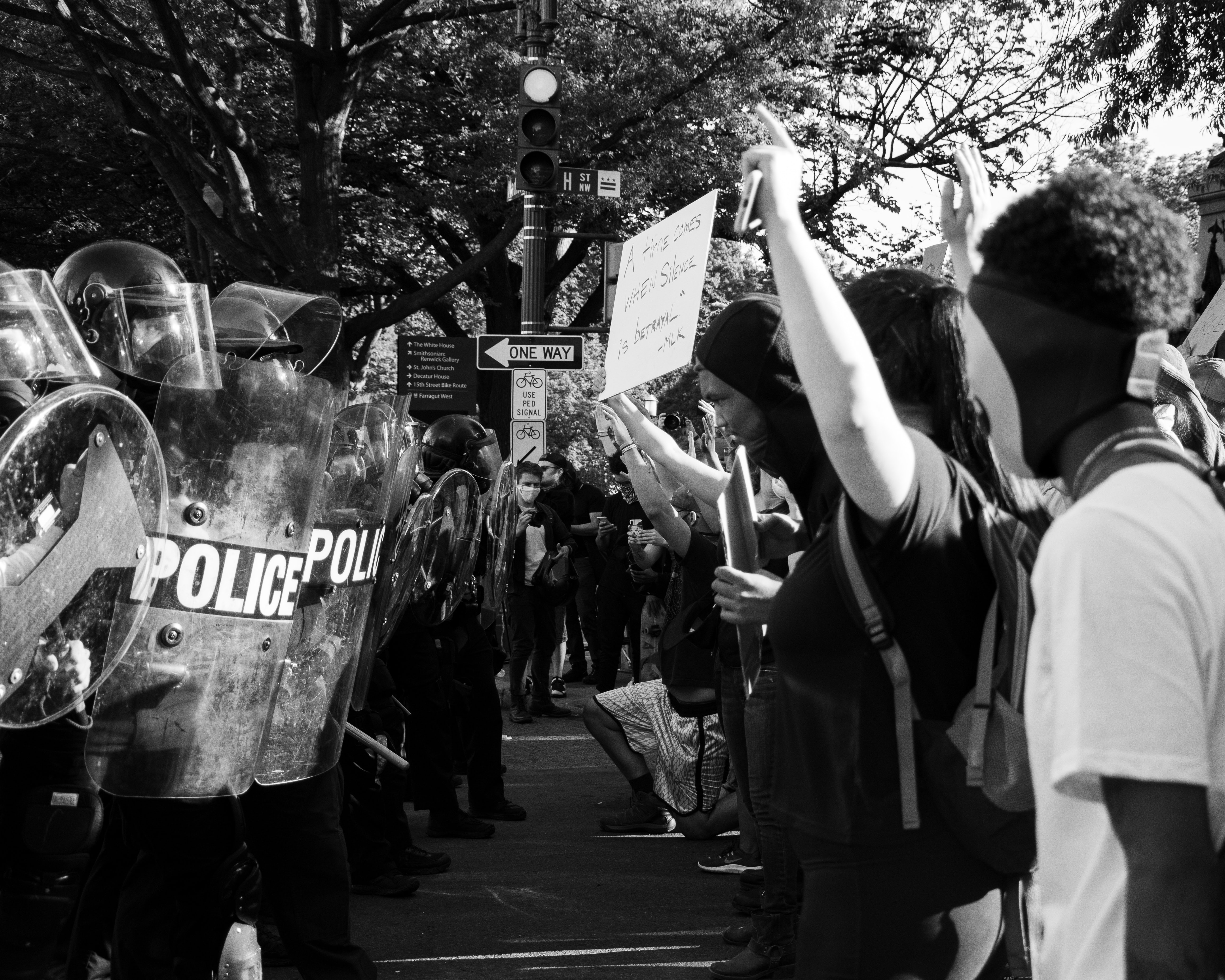
Prompt Images
In the summer of 1986, while going through basic training for the United States Army, I was introduced to the concept of ‘battle buddy.’ The guy (whose name was also Anthony) shared the bunk bed with me. We were in the same platoon. We checked each other’s boots in the morning to make sure they were shined. We checked each other’s beds to make sure they were made properly.
Initially, this concept just felt like a typical roommate situation.
That changed when we went out on field maneuvers for field exercises. Our whole unit made a perimeter with two people per tent. Each person had half a tent and needed another person with another half to make a whole tent. We both made trenches around the tent to keep the water from building up.
The final thing we had to do was dig a foxhole. The foxhole would be an area we would fight from if attacked. The foxhole (effectively a trench) was the length of our bodies, about 6 inches deep, and about 2 rifles wide. The final point of the foxhole was to establish fields of fire. In other words, there was a line between us with the position facing front, serving as the 12 o’clock position. My battle buddy covered 12 to 3 o’clock, and I covered 9 to 12.
Collectively, this arrangement worked because each foxhole in the perimeter protected the unit at-large. My 9 to 12 o’clock covered the same area as the 12 to 3 o’clock range for the foxhole on my left.
So, why use the‘battle buddy’ analogy as it relates to the war against racism, discrimination, and bigotry?
Because in today’s environment, we often hear the phrase ‘ally’ thrown around when referring to my caucasian American brothers and sisters. As an African American, I am always excited to see American brothers and sisters of European ancestry engaged in the struggle.
However, there is a difference between an ‘ally’ and a ‘battle buddy’.
You see, an ‘ally’ can set the terms of their engagement. They can provide a lot of support. They can get in the fight. They can fight from a distance. They can commit some resources, a few resources, or no resources. An ally can cooperate for a particular purpose or share resources. Ideally, allies will act together in times of war to protect one another.
But there’s no really guarantee that an ally will be there from start to finish. An ally can tap out when times get too tough, still feeling good about their prior commitment to the cause. But that’s because an ally can walk away. They’re not in the foxhole counting on you for mutual protection.
On the other hand, a battle buddy is there with you at the most crucial aspects of war: THE BATTLE.
They are catching those blows. They are in the line of fire. They are taking the heat. Most importantly, they are watching your back so you can focus on a specific area just as you are for them. Your buddy knows the key to victory is fighting the fight side-by-side, and ensuring your safety just as much as their own.
Unfortunately, there are some allies who don’t see their responsibility and commitment to the cause in the same light. They call themselves ‘allies’ as a means to show support. The problem is they don’t truly want to be in the midst of the battle.
They want to give aid. They want to donate. They want to support you in your fight. In other words, they want to ASSIST!
That type of ally doesn’t want to fight. They don’t want to get into the battle.
They get to dictate the terms and their level of commitment, which often means doing only a limited amount to show you that they can help you but they don’t want to truly immerse themselves in the battle.
They see you fighting. They know you’re fighting. They applaud you fighting. They just don’t want to get in there and fight alongside you. They don’t want to understand the enemy in such a way to embrace the fight. Sadly enough, in some instances, they may not even believe there is truly a battle to be fought. Where you see a battle, they see just a few skirmishes).
The danger of having an ‘assistant’ mentality is like a person giving $5 to someone with a $200 overdue light bill, and you don’t live in their house. If you don’t appreciate the reality that someone’s lights are about to be turned off, you may not understand why the person you gave $5 is upset you only gave $5. You think the $5 helps, but the person fighting to keep their lights on is now just sitting in the dark with $5.
That low level of commitment doesn’t actually solve the problem.
It just makes the ‘assistant’ feel good about themselves. And what good does that do for anyone when there’s a battle that needs fighting?
The hard truth is there are a lot of well-meaning people who want to do their part in the war against racism. I applaud that and I encourage it. However, you have to decide if you are going to ALLY or ASSIST! Both are necessary but choose where you stand.
If you truly want to help, you have to ask yourself a fundamental question.
What kind of person are you? The kind who is willing to go into battle, remain at your buddy’s side and fight with them, understanding the adversities that they face and willing to face those adversities together, or someone who really just wants to stand off from a distance and provide cursory support whenever it makes you feel better?



